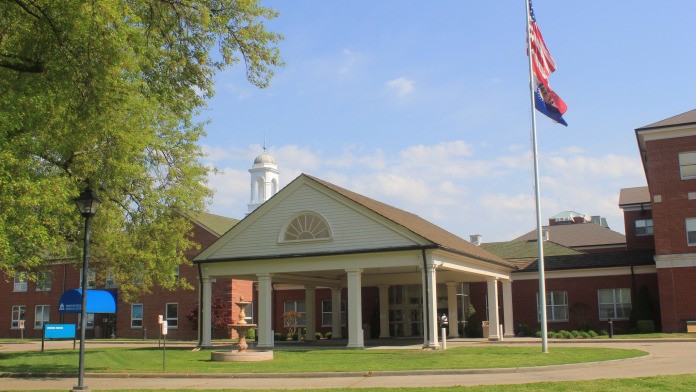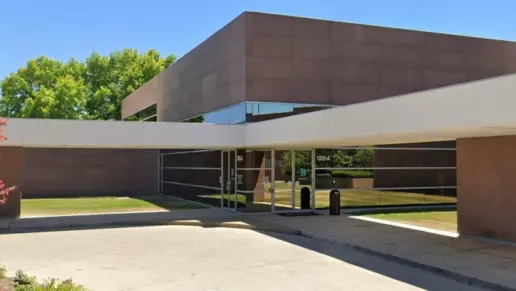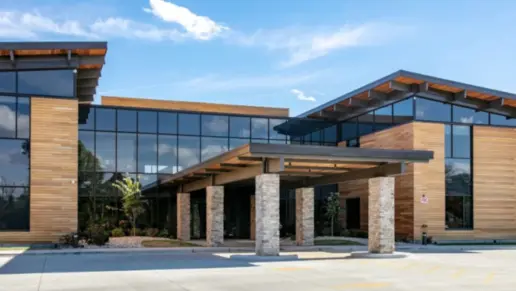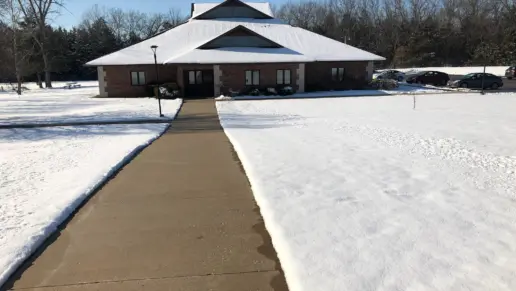This is the worst hospital that I have been to in my life. Their services are so disorganized. It is absolutely impossible for patients to see the Doctor, paperwork is always screwed up and the staff make excuses for that instead of correcting the issues. I would not recomme ...
About Missouri Delta Medical Center
Missouri Delta Medical Center is a behavioral healthcare center that is found in Sikeston, Missouri. They treat drug and alcohol addiction in teens and adults. Although they specialize in mental health concerns, they also help individuals who need recovery services for substance abuse and co-occurring disorders alongside mental development disorders.
The center recently expanded its service offerings to better serve the community. That’s why you can expect to undergo addiction treatment in an outpatient setting with professional social workers and therapists. Many folks have found that their mental health concerns have improved and that their overall wellbeing is prioritized when treatment plans have been created.
If you enroll with ’em for a co-occurring condition, you can expect to be treated respectfully and kindly while you attend individual and group counseling sessions. These sessions will focus on depression, stress reduction, relationship and parenting support, and teaching techniques to help with coping with anxiety and addiction triggers.
You should also be aware that you can enroll in this center’s inpatient behavioral health program. This might be the case if you need a more structured environment to achieve recovery and sobriety. Their inpatient treatment program accepts both adolescents and adults and offers compassion, safety, and support.
To learn more about how the program can benefit you specifically, it’s best to speak with this behavioral health center before agreeing to undergo treatment.
Rehab Score
Gallery

Location
Other Forms of Payment
Medicaid is a state based program that helps lower-income individuals and families pay for healthcare. Medicaid covers addiction treatment so those enrolled can use their coverage to pay for rehab. When a program accepts Medicaid the client often pays very little or nothing out of their own pocket.
Private insurance refers to any kind of healthcare coverage that isn't from the state or federal government. This includes individual and family plans offered by an employer or purchased from the Insurance Marketplace. Every plan will have different requirements and out of pocket costs so be sure to get the full details before you start treatment.
Self-pay involves paying for treatment out of your own pocket. You can use savings or credit, get a personal loan, or receive help from family and friends to fund your treatment. If you don't have insurance or your insurance plan doesn't cover a specific program, self-pay can help ensure you still get the care you need.
Financial aid can take many forms. Centers may have grants or scholarships available to clients who meet eligibility requirements. Programs that receive SAMHSA grants may have financial aid available for those who need treatment as well. Grants and scholarships can help you pai for treatment without having to repay.
Medicare is a federal program that provides health insurance for those 65 and older. It also serves people under 65 with chronic and disabling health challenges. To use Medicare for addiction treatment you need to find a program that accepts Medicare and is in network with your plan. Out of pocket costs and preauthorization requirements vary, so always check with your provider.
Military members, veterans, and eligible dependents have access to specific insurance programs that help them get the care they need. TRICARE and VA insurance can help you access low cost or no cost addiction and mental health treatment. Programs that accept military insurance often have targeted treatment focused on the unique challenges military members, veterans, and their families face.
Addiction Treatments
Levels of Care
Treatments
Many of those suffering from addiction also suffer from mental or emotional illnesses like schizophrenia, bipolar disorder, depression, or anxiety disorders. Rehab and other substance abuse facilities treating those with a dual diagnosis or co-occurring disorder administer psychiatric treatment to address the person's mental health issue in addition to drug and alcohol rehabilitation.
Mental health rehabs focus on helping individuals recover from mental illnesses like bipolar disorder, clinical depression, anxiety disorders, schizophrenia, and more. Mental health professionals at these facilities are trained to understand and treat mental health issues, both in individual and group settings.
Programs

Clinical Services
Group therapy is any therapeutic work that happens in a group (not one-on-one). There are a number of different group therapy modalities, including support groups, experiential therapy, psycho-education, and more. Group therapy involves treatment as well as processing interaction between group members.
In individual therapy, a patient meets one-on-one with a trained psychologist or counselor. Therapy is a pivotal part of effective substance abuse treatment, as it often covers root causes of addiction, including challenges faced by the patient in their social, family, and work/school life.
Nicotine Replacement Therapy (NRT) is a way of getting nicotine into the bloodstream without smoking. It uses products that supply low doses of nicotine to help people stop smoking. The goal of therapy is to cut down on cravings for nicotine and ease the symptoms of nicotine withdrawal.
Accreditations

The Joint Commission, formerly known as JCAHO, is a nonprofit organization that accredits rehab organizations and programs. Founded in 1951, the Joint Commision's mission is to improve the quality of patient care and demonstrating the quality of patient care.
Joint Commission Accreditation: Yes
Contact Information
1008 North Main Street
Sikeston, MO 63801


